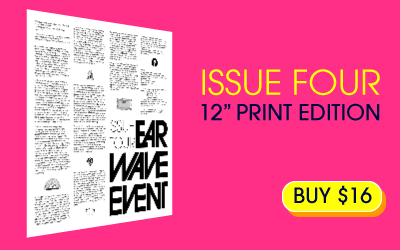
I have not the slightest doubt that the world is waiting to hear this new album by Oscar Ritoni. The title of the first track “Dreams Without A Reason” could be taken as an allusion to the film by Stan Brakhage, in which a man is confronted with the idea that he is dreaming. This is the borderline where the dream world and the waking world meet. Ritoni seems to be approaching this. At least, that is my guess. The album has three pieces by Ritoni, and I would think that he explores a lot of territory here.
On “The Mirror That Never Was”, he explores the concept of a “dream organ” by using the guitar to play a melody, while on “Shadows”, he uses the piano to play a melody, and on “Dream Surplus”, he uses an organ.
He manipulates the first movement of the piece to have the piano play a quite short melody, with a strong melodic idea. In the second movement the piano is used again, and again, and again. Here again, Ritoni seems to be playing with the idea of a dream organ. The third movement is quite an interesting one, and it is not what you expect in a dream organ piece. Here he uses a piano to play a melody, but it is not the dream organ. Ritoni seems to be going through a process of development here. The longer he plays the melody, the more he seems to be devising the structure of the music, and the less he sounds like he is playing it. It is quite a balancing act, a fine balance. There is no sense of tension here. It is a fine balance between the repetitive compositions of the first three movements and the alternative development of the second movement, which is a sharp-sounding piece.














